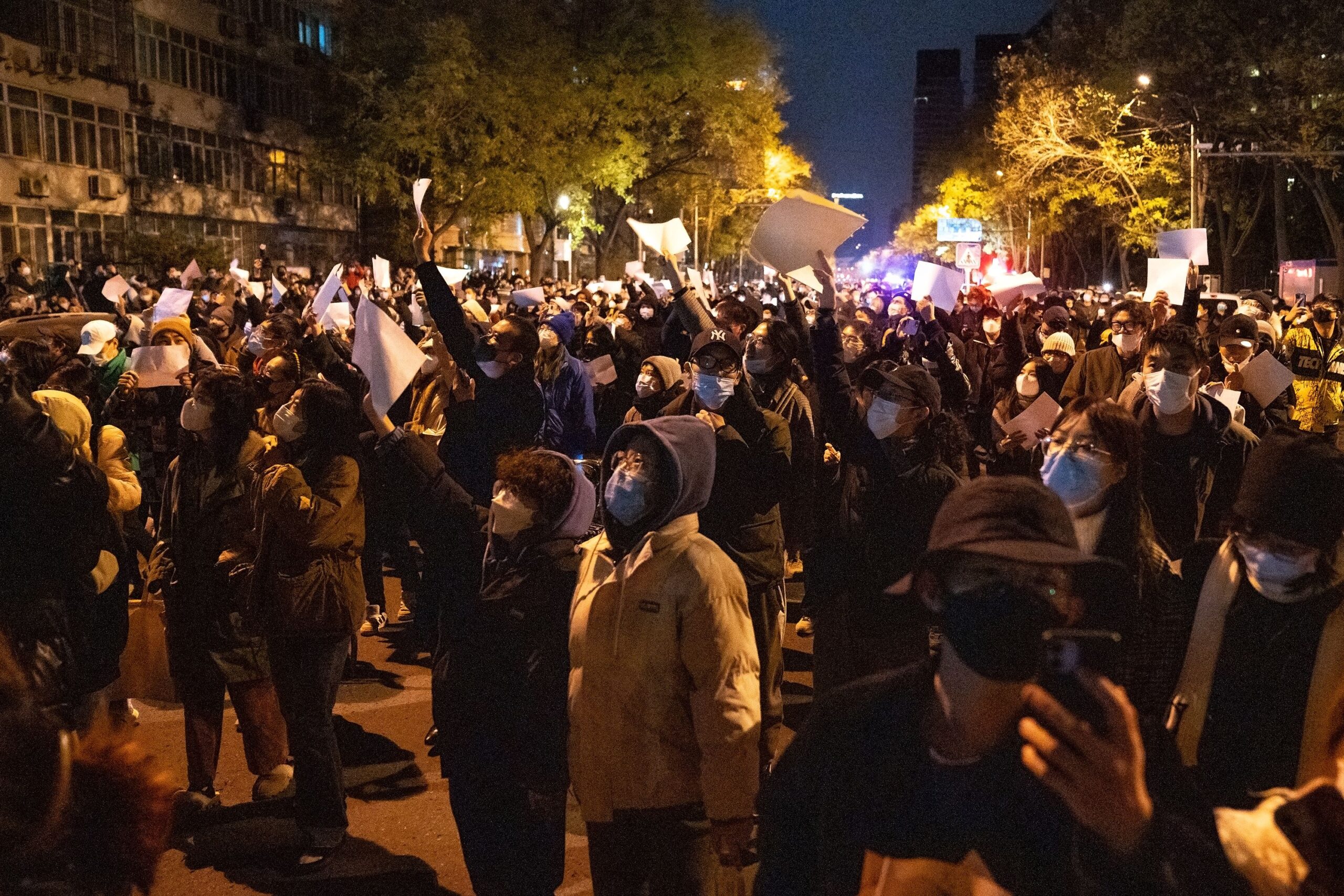Chinese Netizens Rally Against Privilege Amid Growing Online Outrage

This year was expected to be a significant one for Chinese actress Nashi, who had secured major roles in two blockbuster films and a highly anticipated television drama. However, her career took a dramatic turn in June when scrutiny over her academic history led to a public backlash and an official investigation. The fallout was swift, resulting in her removal from credits and severed ties with brands. Nashi’s situation reflects a broader trend in China, where increasing public discontent over privilege has prompted authorities to investigate various individuals accused of leveraging connections for unfair advantages.
The Rise and Fall of Nashi
Nashi’s rise to fame was marked by her roles in prominent films and television shows, positioning her as a rising star in the Chinese entertainment industry. However, her past came back to haunt her when allegations surfaced regarding her exam scores from over a decade ago. As millions of students prepared for the Gaokao, China’s rigorous university entrance exam, Nashi’s academic record became a focal point of public scrutiny. Internet users began speculating about her admission to a prestigious drama school, questioning whether her mother’s connections had played a significant role in her acceptance.
The situation escalated when old interview clips resurfaced, revealing that Nashi had not fulfilled a key obligation tied to her program. Instead of returning to work in Inner Mongolia after graduation, she had moved to Norway. This revelation fueled further speculation about her qualifications, leading to an official investigation that ultimately confirmed she had a higher score than initially believed. Despite this clarification, the damage to her reputation was already done, and her name was removed from the credits of her latest drama, “Lychees in Chang’an.”
Wider Implications of Celebrity Scandals
Nashi’s case is not an isolated incident; it is part of a growing trend in China where public figures are facing intense scrutiny over their perceived privilege. The Chinese internet has become a platform for expressing frustration and discontent, particularly among young people grappling with rising unemployment and a stagnant economy. Recent scandals have implicated other individuals, including actresses and a doctor, all accused of using family connections to gain unfair advantages.
The backlash against these figures reflects a broader societal concern about fairness and opportunity. Many young Chinese citizens feel that hard work is no longer the primary path to success, as connections, or “guanxi,” seem to hold more weight. This sentiment is echoed in online discussions, where users express their desire for more transparency and accountability among those in privileged positions. The growing scrutiny of celebrities and public figures serves as an outlet for the public’s frustration, highlighting the widening gap between the elite and ordinary citizens.
Notable Cases of Privilege and Backlash
The scrutiny of privilege in China has led to several high-profile cases that have captured public attention. One such incident involved two doctors from a prestigious Beijing hospital, whose alleged misconduct sparked outrage online. The controversy began when a letter from one doctor’s wife accused him of favoritism towards a colleague, which escalated into allegations of negligence during a surgical procedure. As the investigation unfolded, it was revealed that the female doctor had completed her medical training in an unusually short time, raising questions about her qualifications and the integrity of the medical education system.
The public’s reaction was swift and unforgiving, leading to an investigation by the National Health Commission. The fallout resulted in the revocation of the female doctor’s medical license and degrees, but questions remained about the deeper issues of privilege and corruption within the healthcare system. This case, like Nashi’s, underscores the growing demand for accountability among those who benefit from connections and privilege, as well as the public’s desire for a fairer society.
Public Sentiment and the Future
The discontent surrounding privilege and inequality in China is palpable, particularly among the younger generation. Economic challenges, including job scarcity and stagnant wages, have exacerbated feelings of frustration and hopelessness. The narrative of hard work leading to success is increasingly viewed with skepticism, as many young people struggle to find stable employment.
Recent scandals involving privileged individuals have ignited discussions about the systemic issues that perpetuate inequality. Online platforms have become a space for individuals to voice their grievances, with many expressing a sense of betrayal by a system that seems rigged in favor of the elite. The Chinese government’s attempts to address these issues through investigations and public statements have not fully assuaged public anger. As the gap between the privileged and the average citizen widens, the call for transparency and fairness continues to grow louder, reflecting a society in search of justice and equity.
Observer Voice is the one stop site for National, International news, Sports, Editor’s Choice, Art/culture contents, Quotes and much more. We also cover historical contents. Historical contents includes World History, Indian History, and what happened today. The website also covers Entertainment across the India and World.
Follow Us on Twitter, Instagram, Facebook, & LinkedIn

